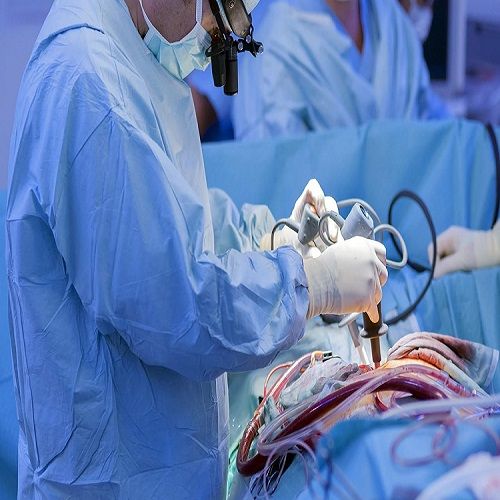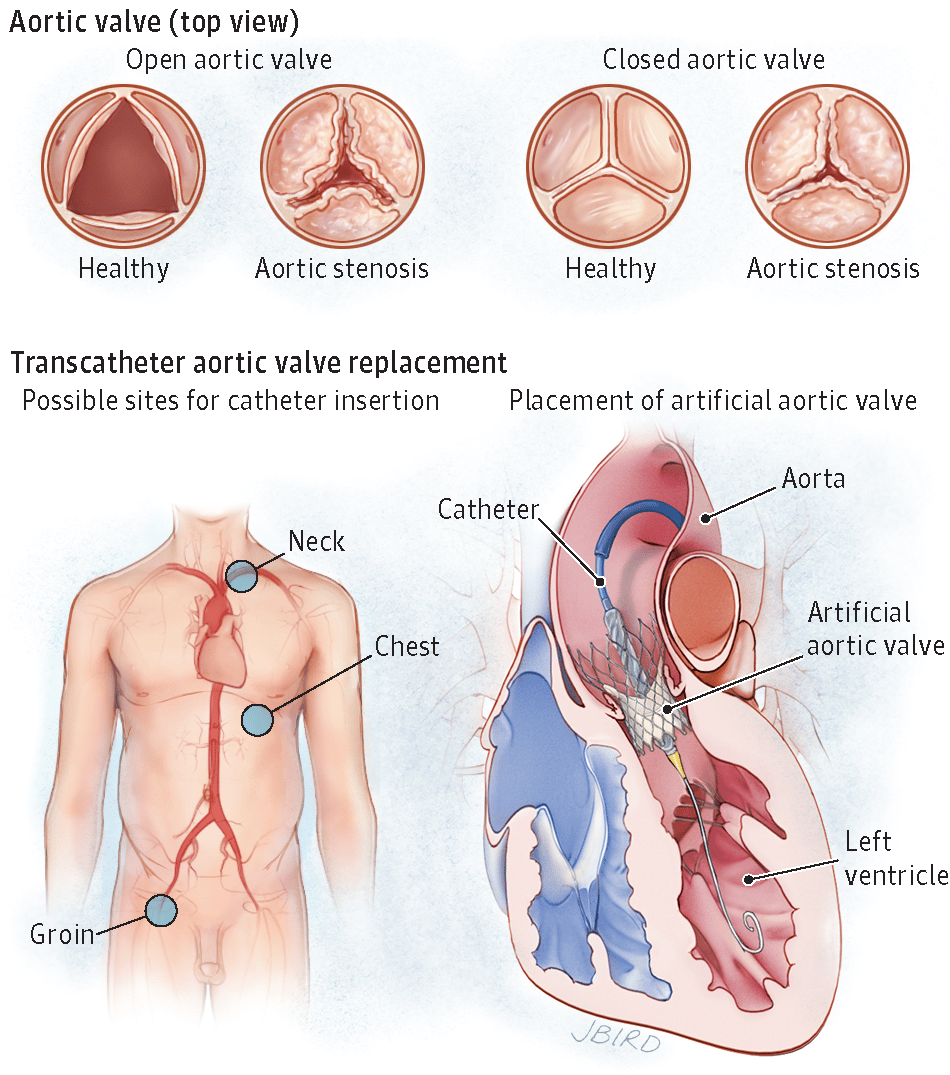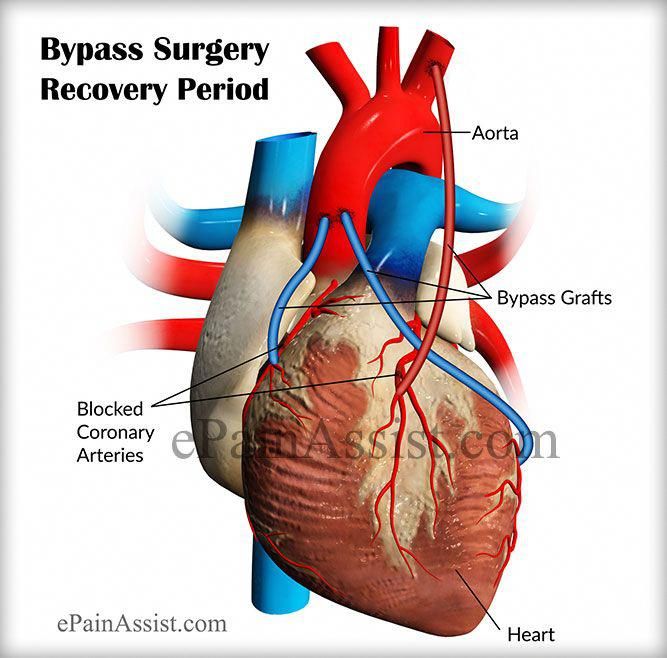Who Is In Theater For Open Heart Surgery
A team of doctors and other health professionals work together in the operating theater during open heart surgery.
The team is likely to include:
- the lead surgeon who will direct others surgeons who will assist during the operation
- the anesthesiologist, who is in charge of giving and anesthesia and monitoring vital signs
- the pump team, also known as perfusionists, operate the heart-lung machine and other technical equipment that supports open heart surgery
- nurses and technicians, who assist the surgical team and prepare the operating theater for surgery
Why Use Sternal Precautions
Open heart surgery usually requires that your cardiac surgeon divide your sternum to gain access to your heart and surrounding structures. After the surgery, your surgeon must repair your sternum by returning the bone to its proper place. Usually, a strong wire is used to hold the bone together while healing occurs.
During your recovery, your healthcare provider may instruct you to follow sternal precautionsa method to protect your sternum after you’ve had open heart surgery.
Sternal precautions are adjustments that you need to make in your day-to-day life to help prevent the separation of your breastbone as it heals. Separation of your sternum may slow the healing process of the bone, and sternal precautions also help to prevent excessive pulling on the surgical incision. This may help to keep the skin closed to prevent infection in your incision.
Excessive pulling on your breastbone while it is healing after open heart surgery can cause something called dehiscence, or a separation of the bone. This separation can become an opening for infection to enter into your body.
When To Call The Doctor
- You have chest pain or shortness of breath that does not go away when you rest.
- Your pulse feels irregular — it is very slow or very fast .
- You have dizziness, fainting, or you are very tired.
- You have a severe headache that does not go away.
- You have a cough that does not go away
- You are coughing up blood or yellow or green mucus.
- You have problems taking any of your heart medicines.
- Your weight goes up by more than 2 pounds in a day for 2 days in a row.
- Your wound changes. It is red or swollen, it has opened, or there is more drainage coming from it.
- You have chills or a fever over 101°F .
Recommended Reading: Signs And Symptoms Of Right Sided Heart Failure
What Are The Alternatives To Bypass Surgery
There are a few less-invasive procedures your doctor could try instead of bypass surgery.
Angioplasty. A surgeon threads a deflated balloon attached to a special tube up to your coronary arteries. Once it’s there, they inflate the balloon to widen your blocked areas. Most times, it happens in combination with the installation of something called a stent, a wire mesh tube that props your artery open.
There’s also a version of angioplasty that, instead of a balloon, uses a laser to eliminate the plaque that clogs your arteries.
Minimally invasive heart surgery. A surgeon makes small incisions in your chest. Then, they attach veins from your leg or arteries from your chest to your heart, much like a traditional bypass surgery. In this case, though, your surgeon will put the instruments through the small incisions and use a video monitor as a guide to do the work. Unlike bypass surgery, your heart is still beating during this procedure.
Show Sources
What Are The Risks Of Heart Bypass Surgery

All surgeries come with the chance of problems. Some include:
- Blood clots that can raise your chances of a stroke, a heart attack, or lung problems
- Problems breathing
Many things affect these risks, including your age, how many bypasses you get, and any other medical conditions you may have. You and your surgeon will discuss these before your operation.
Once youâve recovered, your symptoms of angina will be gone or much better. Youâll be able to be more active, and youâll have a lower risk of getting a heart attack. Best of all, the surgery can add years to your life.
Also Check: Icd 10 For Congestive Heart Failure
Q What Are My Restrictions After Open
How Do You Prepare For Bypass Surgery
Before your surgery, youâll get blood tests, chest X-rays, and an electrocardiogram . Your doctor may also do an X-ray procedure called a coronary angiogram. It uses a special dye to show how the blood moves through your arteries.
Your doctor will also let you know if you need to make any changes to your diet or lifestyle before the surgery and make any changes to medicines you take. Also tell your doctor about any vitamins and supplements you take, even if they are natural, in case they could affect your risk of bleeding.
Youâll also need to make plans for recovery after your surgery.
Recommended Reading: What Is The Target Heart Rate Zone
Sternal Precautions With Physical Therapy
Your physical therapist can work with you in cardiac rehabilitation to help you understand and maintain your sternal precautions. You may find that basic functional mobility is difficult while maintaining sternal precautions. Your physical therapist can teach you how to move around while maintaining your surgeon’s suggested precautions.
Modifications you may learn include:
- Scooting in and rising from a chair
- Walking up stairs without pulling on the railing
- Using an assistive device, such as a walker or quad cane
- Performing basic activities of daily living, such as brushing your hair and dressing
Why Do I Need Heart Bypass Surgery
Bypass surgery treats symptoms of coronary artery disease. That happens when a waxy substance called plaque builds up inside the arteries in your heart and blocks blood and oxygen from reaching it.
Your doctor may suggest heart bypass surgery if:
- You have severe chest pain that your doctor thinks happens because several of the arteries that supply blood to your heart are blocked.
- At least one of your coronary arteries has disease that’s causing your left ventricle — the chamber that does most of your heart’s blood pumping — to not work as well as it should.
- There’s a blockage in your left main coronary artery, which gives your left ventricle most of its blood.
- You’ve had other procedures, and either they haven’t worked or your artery is narrow again.
- You have new blockages.
Coronary artery disease can lead to a heart attack. It can cause a blood clot to form and cut off blood flow. Bypass surgery can give your ticker a big health boost.
Recommended Reading: What Should Be Your Resting Heart Rate
Breathing And Coughing Exercises
You will have some fluid in your lungs after the breathing tube is removed. If this fluid collects in your lungs, you could develop pneumonia. To prevent pneumonia, a respiratory therapist or nurse will help you learn deep breathing and coughing exercises. Do these exercises as you are told to. Holding a pillow tightly to your chest when you do your coughing exercises also helps. For breathing exercises, you may use a device called an incentive spirometer. Using this device helps your lungs recover. There might be phlegm or secretions in your throat, especially if you smoke. It can sometimes be difficult to get the phlegm or secretions out of your throat, but it is very important to do so. Your healthcare team may give you breathing treatments containing special medicine to help you get rid of the phlegm.
Prophylactic Use Of Antibiotics
Before operation all but five patients who had ongoing infection were prophylactically given intravenous broad-spectrum antibiotics . Postoperatively 1 g of vancomycin was given once 12 h after the preoperative dose, and 1 g of cefazolin was given twice every 8 h. In five patients who had active infection other antibiotics that were effective for causative organisms were given pre- and postoperatively.
You May Like: Who Did The First Open Heart Surgery
You May Like: How Do You Find Your Max Heart Rate
What Is The Cause Of Loosening Of Sternal Wires
Answered by: Dr OP Yadava | CEO & Chief Cardiac Surgeon, National Heart Institute, New Delhi
Q: My husband had a bypass heart surgery. Sometime after the surgery, his doctor took a chest X-ray and found that his wiring had come loose. I believe they sent him back to work too soon. The doctor rewired his sternum. But he was still experiencing pain in the area. He had incisional hernia. How often does this happen?
What Are The Types Of Open

There are two ways to perform open-heart surgery:
- On-pump: A heart-lung bypass machine connects to the heart and temporarily takes over for the heart and lungs. It circulates blood through the body while moving blood away from the heart. The surgeon then operates on a heart that isnt beating and doesnt have blood flow. After surgery, the surgeon disconnects the device and the heart starts to work again.
- Off-pump:Off-pump bypass surgery takes place on a heart that continues to beat on its own. This approach only works for coronary artery bypass grafting surgery . Your surgeon may call this beating-heart surgery.
Also Check: Can Diabetes Cause Heart Palpitations
Why Might I Hug A Pillow As A Sternal Precaution
Some hospitals provide heart surgery patients with a pillowoften a heart-shaped oneupon discharge. The pillow is meant to be hugged while coughing or sneezing, which can put significant pressure on the chest and lungs. The pillow is believed to help stabilize the chest during the post-operative recovery period.
Read Also: How Long Can Someone Live With Heart Failure
What Is Recovery Like After Open
Recovery time varies depending on the surgery type, complications and your overall health before surgery. It can take 6 to 12 weeks to recover from an open-heart procedure.
Your surgeon will let you know when you can return to work and other activities. Typically, you shouldnt drive or lift anything heavy for the first six weeks.
Some people need to take blood thinners after heart surgery to prevent blood clots. Your healthcare provider may also recommend cardiac rehabilitation. This medically supervised program can help you regain strength and stamina and improve overall heart health.
Don’t Miss: Watches With Heart Rate Monitor
Prayer And The Health
In the face of life-altering operations that frequently accompany advanced stages of cardiac disease, private prayer can be a unique coping resource for patients. Practicing prayer is common according to both national surveys and clinical research on coping with health crises . From a psychological perspective, one important definition of prayer dates back to James who did not view it simply as a quantifiable act. James asserted that the idiosyncratic event of prayer is a perceived inward communion or conversation with the power recognized as divine and is the very soul and essence of religion . As such, in using prayer, the practitioner could find comfort from a sacred interconnectedness in ones faith or a sense of meaning in the midst of distress . Such experiences may help improve health-related well-being or increase the likelihood of long-term adjustment in this case. It should be noted that this characterization of prayer encompasses not only JudeoChristian prayers but also prayers of other faith traditions.
Read Also: How Is Congestive Heart Failure Treated
Atelectasis And Gas Exchange After Cardiac Surgery
Senior Registrar, Department of Cardiothoracic Anesthesia.
Associate Professor, Department of Cardiothoracic Anesthesia.
Associate Professor, Department of Diagnostic Radiology.
Professor and Chair, Department of Clinical Physiology.
Anesthesiology
Arne Tenling, Thomas Hachenberg, Hans Tyden, Goran Wegenius, Goran Hedenstierna Atelectasis and Gas Exchange after Cardiac Surgery. Anesthesiology 1998 89:371378 doi:
Sometimes a high intrapulmonary shunt occurs after cardiac surgery, and impairment of lung function and oxygenation can persist for 1 week after operation. Animal studies have shown that postoperative shunt can be explained by atelectasis. In this study the authors tried to determine if atelectasis can explain shunt in patients who have had cardiac surgery.
Nine patients having coronary artery bypass graft surgery and nine patients having mitral valve surgery were examined using the multiple inert gas elimination technique before and after operation. On the first postoperative day, computed tomography scans were made at three levels of the thorax.
Large atelectasis in the dorsal part of the lungs was found on the first postoperative day after cardiac surgery. However, there was no clear correlation between atelectasis and measured shunt fraction.
Read Also: Target Heart Rate When Working Out
Recommended Reading: Which Vessels Carry Blood Toward The Heart
What Are The Risks Of Coronary Artery Bypass Surgery
Possible risks of coronary artery bypass graft surgery include:
-
Bleeding during or after the surgery
-
Blood clots that can cause heart attack, stroke, or lung problems
-
Infection at the incision site
-
Failure of the graft
There may be other risks depending on your specific medical condition. Be sure to discuss any concerns with your doctor before the procedure.
How Long Does Fatigue Last After Open Heart Surgery
Patients who undergo surgery, including cardiac surgery, tend to experience fatigue that peaks between 2- to 4-weeks postoperatively.
How long does it take to fully recover from heart surgery?
Most people make a full recovery within 12 weeks of the operation. But if you experience complications during or after surgery, your recovery time is likely to be longer. You should have a follow-up appointment, typically about 6 to 8 weeks after your operation.
Read Also: Calorie Calculator From Heart Rate
What Is Coronary Bypass Graft Surgery
Coronary artery bypass graft surgery is a procedure used to treat coronary artery disease. Coronary artery disease is the narrowing of the coronary arteries the blood vessels that supply oxygen and nutrients to the heart muscle. CAD is caused by a build-up of fatty material within the walls of the arteries. This build-up narrows the inside of the arteries, limiting the supply of oxygen-rich blood to the heart muscle.
One way to treat the blocked or narrowed arteries is to bypass the blocked portion of the coronary artery with a piece of a healthy blood vessel from elsewhere in your body. Blood vessels, or grafts, used for the bypass procedure may be pieces of a vein from your leg or an artery in your chest. An artery from your wrist may also be used. Your doctor attaches one end of the graft above the blockage and the other end below the blockage. Blood bypasses the blockage by going through the new graft to reach the heart muscle. This is called coronary artery bypass surgery.
Traditionally, to bypass the blocked coronary artery, your doctor makes a large incision in the chest and temporarily stops the heart. To open the chest, your doctor cuts the breastbone in half lengthwise and spreads it apart. Once the heart is exposed, your doctor inserts tubes into the heart so that the blood can be pumped through the body by a heart-lung bypass machine. The bypass machine is necessary to pump blood while the heart is stopped.
Should I Have My Sternal Wires Removed

I have undergone a CABG in 12.07.2013 in Mumbai, India. After six weeks, suddenly a boil was visible on the incision in the chest. After four days, the boil broke and pus-like liquid started coming out. A culture test was conducted and reports were normal. The doctor who performed the CABG operation started treating the wound. Since last four weeks, the pus-like liquid has not stopped and also there is good amount of pain in the chest ribs. The doctor advises that this is all because of a reaction of the steel wires used to join the sternum and now the wires will have to be removed and then all your problems will be cured. He intends to remove the wires in about a week from today. Please advise ASAP.
Submitted by Ravindra from Mumbai, India on 10/09/2013
Stainless steel, which is an alloy, may impart tissue inflammation from a mild electromotive force, mostly speculative. I endorse removal of the wires if the sternum is stable. You may find more information about this question by looking at similar questions which have been previously answered on this website.
You May Like: Does Tylenol Increase Heart Rate
Recommended Reading: Does Heart Failure Go Away
How To Prepare For Open
Tell your doctor about any drugs you are taking, even over-the-counter medications, vitamins, and herbs. Inform them of any illnesses you have, including herpes outbreak, cold, flu, or fever.
In the two weeks before the surgery, your doctor may ask you to quit smoking and stop taking blood-thinning medications, such as aspirin, ibuprofen, or naproxen.
Its important to talk to your doctor about your alcohol consumption before you prepare for the surgery. If you typically have three or more drinks a day and stop right before you go into surgery, you may go into alcohol withdrawal. This may cause life-threatening complications after open-heart surgery, including seizures or tremors. Your doctor can help you with alcohol withdrawal to reduce the likelihood of these complications.
The day before the surgery, you may be asked to wash yourself with a special soap. This soap is used to kill bacteria on your skin and will lessen the chance of an infection after surgery. You may also be asked not to eat or drink anything after midnight.
Your healthcare provider will give you more detailed instructions when you arrive at the hospital for surgery.
